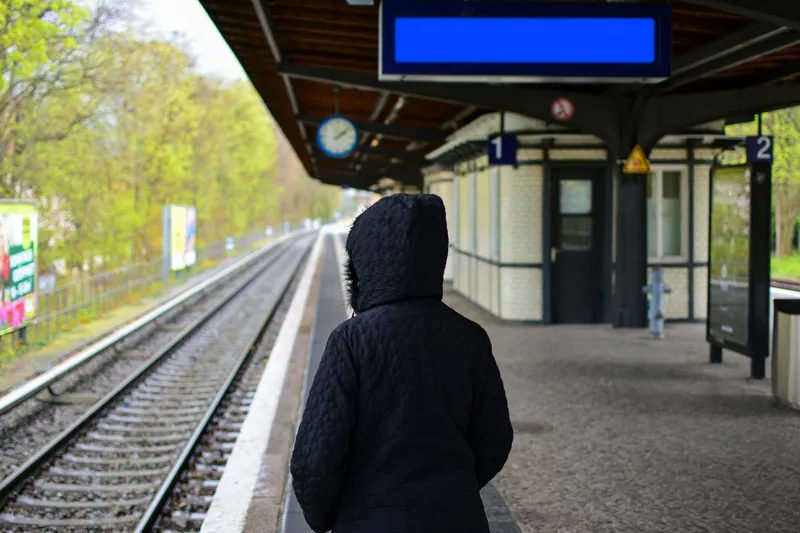Table of Contents
- Historical Context
- Cultural and Psychological Dimensions
- Social Mobility and Reproduction of Inequality
- Addressing Working Class Fatalism
- Conclusion
Working class fatalism refers to the belief prevalent among members of the working class that their social and economic positions are largely immutable and that individual or collective efforts to change their circumstances are futile. This concept is crucial for understanding the dynamics of social stratification and the persistence of inequality in capitalist societies. By examining the historical, cultural, and psychological roots of working class fatalism, as well as its implications for social mobility and political behavior, sociologists can gain deeper insights into the barriers to social change and the reproduction of social hierarchies.
Historical Context
Origins of the Concept
The notion of fatalism has deep historical roots, tracing back to philosophical and religious doctrines that emphasize the inevitability of certain outcomes regardless of human intervention. In the context of the working class, fatalism emerged as a response to the harsh realities of industrial capitalism. During the 19th century, rapid industrialization led to the formation of a distinct working class, characterized by precarious employment, low wages, and poor living conditions. This period also saw the rise of socialist and labor movements, which sought to challenge the exploitation and inequality inherent in capitalist systems. However, despite these efforts, many workers remained skeptical about the possibility of meaningful change, leading to the development of a fatalistic outlook.
Marxist Perspective
From a Marxist perspective, working class fatalism can be understood as a manifestation of false consciousness, a term used by Karl Marx to describe the way in which the proletariat is misled into accepting the status quo. According to Marx, the capitalist system perpetuates itself by instilling a sense of inevitability and resignation among workers, who are made to believe that their position in the social hierarchy is natural and unchangeable. This belief is reinforced by various ideological apparatuses, such as the education system, the media, and religious institutions, which propagate the values and norms of the ruling class.
Cultural and Psychological Dimensions
Cultural Capital and Habitus
Pierre Bourdieu’s concepts of cultural capital and habitus provide valuable insights into the cultural and psychological underpinnings of working class fatalism. Cultural capital refers to the non-economic resources that individuals possess, such as education, skills, and knowledge, which can be used to gain social mobility. Habitus, on the other hand, refers to the deeply ingrained dispositions and attitudes that shape an individual’s perception and actions.
In working class communities, the habitus often includes a sense of fatalism, which is transmitted through socialization processes and reinforced by the everyday experiences of economic hardship and limited opportunities. This fatalistic habitus can be seen as a coping mechanism, allowing individuals to reconcile themselves with their circumstances and avoid the emotional strain of constant striving and disappointment.
Psychological Factors
Psychological theories also shed light on the phenomenon of working class fatalism. Learned helplessness, a concept developed by Martin Seligman, describes a condition in which individuals who have repeatedly experienced uncontrollable negative events come to believe that they have no power to change their situation. This sense of helplessness can lead to passivity and resignation, further entrenching individuals in their current social and economic positions.
Another relevant psychological concept is locus of control, which refers to an individual’s belief about the extent to which they can control the events affecting their lives. People with an external locus of control believe that their lives are governed by external forces, such as fate or luck, rather than their own actions. This belief is often prevalent among members of the working class, who may perceive their limited opportunities and systemic barriers as insurmountable.
Social Mobility and Reproduction of Inequality
Barriers to Social Mobility
Get the full article AD FREE. Join now for full access to all premium articles.
View Plans & Subscribe Already a member? Log in.





